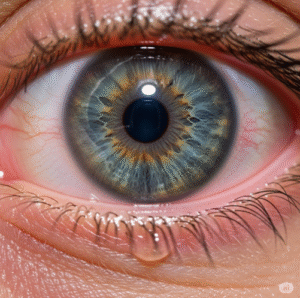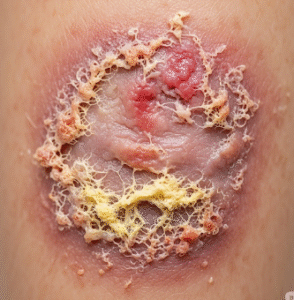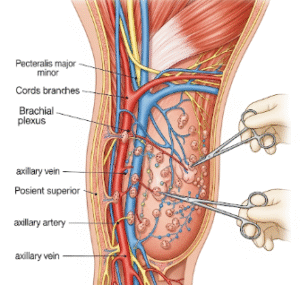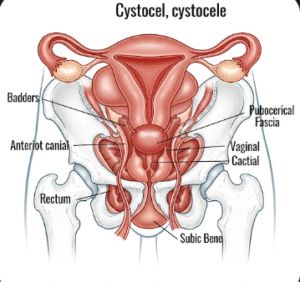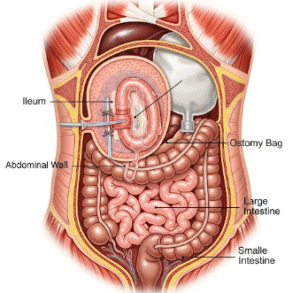Overview
Pagophagia is a medical condition characterized by the compulsive craving and consumption of ice or iced drinks. Often overlooked or misunderstood, this condition is more than just a harmless habit—it may signal underlying health issues, particularly iron deficiency anemia. Recognizing pagophagia can be crucial for early detection and treatment of broader medical concerns.
What is Pagophagia?
Pagophagia is a form of pica, which refers to the persistent eating of non-nutritive substances for at least one month. In pagophagia, individuals frequently chew or suck on ice cubes, snow, or frost. While eating ice in moderation is generally safe, pagophagia becomes a concern when the behavior is excessive and interferes with daily functioning or points to a deeper health problem.
Symptoms
- Frequent craving for ice, often consuming large amounts daily
- Chewing ice compulsively even when not thirsty
- Difficulty concentrating or irritability (often linked to iron deficiency)
- Mouth pain or sensitivity due to constant chewing
- Dental issues such as cracked or worn teeth
Causes
Pagophagia is most commonly associated with iron deficiency anemia. Researchers suggest that chewing ice may increase alertness in iron-deficient individuals, offering a temporary cognitive boost. Other potential causes include:
- Nutritional deficiencies (zinc, calcium)
- Mental health conditions such as obsessive-compulsive disorder (OCD)
- Stress or anxiety
- Developmental disorders in children
Risk Factors
Certain populations are more prone to developing pagophagia, especially if they are at risk for nutritional deficiencies:
- Women, particularly during pregnancy
- Individuals with chronic blood loss (e.g., from ulcers or menstruation)
- People with restricted diets or poor nutrition
- Patients with mental health disorders
- Children with developmental delays
Complications
While chewing ice might seem harmless, chronic pagophagia can lead to complications such as:
- Dental damage: fractured, chipped, or worn teeth
- Mouth and gum injuries
- Misdiagnosed as a behavioral issue when it’s linked to anemia
- Potential delays in diagnosing and treating iron deficiency
- Social embarrassment or interference with daily activities
Prevention
Preventing pagophagia often revolves around addressing the underlying causes:
- Maintain a well-balanced diet rich in iron and essential nutrients
- Seek early medical evaluation if you notice unusual cravings
- Regular health screenings for iron levels, especially in high-risk groups
- Psychological support if the habit is related to stress, anxiety, or OCD
- Avoid exposure to triggers (e.g., habitual ice availability)
Treatment Option in Korea
In South Korea, treatment for pagophagia is typically managed through a multidisciplinary approach:
- Hematology Clinics: Comprehensive blood tests to diagnose and treat iron deficiency anemia are readily available in Korean hospitals like Seoul National University Hospital or Asan Medical Center. Iron supplements (oral or IV) are commonly prescribed.
- Nutrition Counseling: Dietitians help customize iron-rich diet plans with traditional Korean foods such as haemul jeongol (seafood stew), beef dishes, and fermented vegetables that aid iron absorption.
- Psychiatric Support: For cases linked to OCD or anxiety, hospitals and mental health centers offer cognitive behavioral therapy (CBT) and medications.
- Dental Care: Korean dental clinics address complications like enamel erosion or tooth damage resulting from habitual ice chewing.
- Integrative Medicine: Korean traditional medicine (Hanbang) may also be incorporated to support overall nutritional health using herbal remedies and acupuncture.
Patients in Korea benefit from the nation’s highly integrated healthcare system, with easy access to specialists and efficient treatment pathways. Pagophagia is not commonly discussed, but awareness is growing, and proper care is increasingly accessible.


